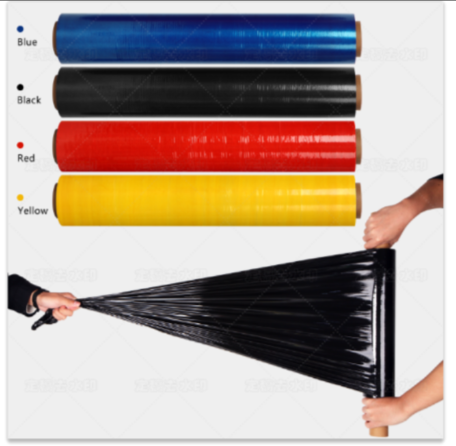cellophane bags compostable
The Rise of Compostable Cellophane Bags A Sustainable Shift in Packaging
In recent years, the awareness of environmental issues has dramatically increased, prompting consumers and businesses alike to seek sustainable alternatives to conventional packaging. Among these solutions, compostable cellophane bags are gaining significant traction as eco-friendly options that meet the demands of conscious consumers while minimizing environmental impact.
The Rise of Compostable Cellophane Bags A Sustainable Shift in Packaging
Compostable cellophane bags are designed to break down under composting conditions, turning into nutrient-rich compost rather than contributing to the growing problem of plastic pollution. Unlike standard plastics, which can take hundreds of years to degrade, compostable materials can decompose within a matter of weeks or months when exposed to adequate sunlight, moisture, and microbes. This makes them an ideal choice for businesses committed to reducing their carbon footprint and offering eco-conscious products.
cellophane bags compostable

One of the notable advantages of compostable cellophane bags is their ability to function much like traditional plastic without compromising performance. These bags are strong, flexible, and water-resistant, making them suitable for a wide range of applications, from food packaging to agricultural uses. Their compostable nature does not mean they compromise on quality; instead, they provide an effective barrier against moisture and contamination, ensuring that products remain fresh and safe for consumption.
Businesses that choose to adopt compostable cellophane bags stand to gain a competitive edge in the marketplace. More consumers are making purchasing decisions based on environmental considerations, and brands that prioritize sustainability are likely to attract these eco-conscious shoppers. Moreover, using compostable packaging can enhance a brand's image, showcasing its commitment to environmental responsibility and innovation.
However, it is essential to address potential misconceptions about compostable cellophane bags. While they are indeed a step towards greater sustainability, they are most effective when disposed of correctly. Consumers must be educated about the importance of composting and the specific conditions required for these materials to break down effectively. This involves participating in industrial composting programs or having access to home composting systems that can accommodate these materials.
In conclusion, compostable cellophane bags represent a notable advancement in the pursuit of sustainable packaging solutions. They effectively blend functionality with environmental responsibility, providing businesses and consumers with an alternative to traditional plastic. As awareness and demand for sustainable products continue to grow, the adoption of compostable materials will likely play a critical role in reducing plastic waste and promoting a healthier planet. For businesses looking to make a positive impact, investing in compostable cellophane bags not only meets market demands but also contributes to a sustainable future. By choosing responsibly, we can all partake in the journey towards a greener world.
-
The Best Uses for Small Trash Bags in Daily LifeNewsJul.01,2025
-
Stylish Reusable Grocery Bags TrendsNewsJul.01,2025
-
Shipping Advantages of Using Bubble Envelopes BulkNewsJul.01,2025
-
How Compostable Mailing Bags Reduce Environmental ImpactNewsJul.01,2025
-
Environmentally - Friendly Bulk Poly MailersNewsJul.01,2025
-
Eco Friendly Custom Laminated Tote BagsNewsJul.01,2025
-
Have the freedom of customizing your custom mailers any way you want! Our dedicated packaging support will help deliver you the mailing experience you need to elevate your shipping experience to the next level! Start making a strong impression on your customers and stand out from your competitors! -
LIYA uses high quality raw materials which directly purchased from large enterprises domestic and overseas such as PetroChina, Sinopec, Sabic, Equate, ExxonMobil, Dow Chemical, Total, and Borouge, ensuring the price advantage and quality of the raw materials. -
LIYA uses high quality raw materials which directly purchased from large enterprises domestic and overseas such as PetroChina, Sinopec, Sabic, Equate, ExxonMobil, Dow Chemical, Total, and Borouge, ensuring the price advantage and quality of the raw materials.





